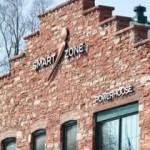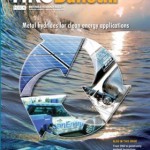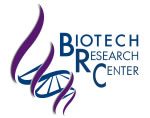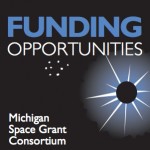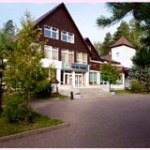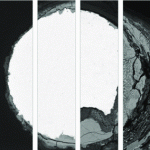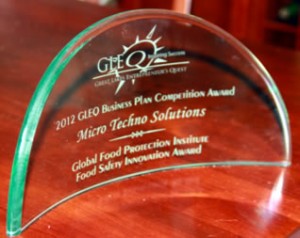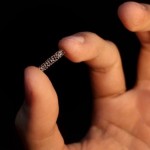
Stent
In 2012, more than 3 million people had stents inserted in their coronary arteries. These tiny mesh tubes prop open blood vessels healing from procedures like a balloon angioplasty, which widens arteries blocked by clots or plaque deposits. After about six months, most damaged arteries are healed and stay open on their own. The stent, however, is there for a lifetime.
Most of the time, that’s not a problem, says Patrick Bowen, a doctoral student studying materials science and engineering at Michigan Technological University.
Bowen’s advisor is Jaroslaw Drelich, a professor of materials science and engineering, and they work in close collaboration with Jeremy Goldman, an associate professor of biomedical engineering. Undergraduates Jacob Braykovich and Matt Tianen are also working on material development and corrosion testing related to the project.
Read more at Tech Today, by Marcia Goodrich.
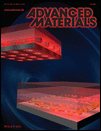
Advanced Materials
Zinc Exhibits Ideal Physiological Corrosion Behavior for Bioabsorbable Stents
Patrick K. Bowen1, Jaroslaw Drelich1,*, Jeremy Goldman2
Article first published online: 14 MAR 2013
DOI: 10.1002/adma.201300226
In the News
Research by PhD student Patrick Bowen (MSE), Professor Jarek Drelich (MSE) and Associate Professor Jeremy Goldman (Bio Med) on the use of zinc to make bioabsorbable stents has appeared on the Vascular Disease Management website.
From Tech Today.
In the News
Professor Jaroslaw Drelich (MSE) was interviewed for the story, “Is Zinc the Perfect Material for Bioabsorbable Stents?” by Joseph Bennington-Castro, which appears in Materials360 Online, published by the Materials Research Society.
To view the interview visit materials360 online.
From Tech Today.
In the News
PhD student Patrick Bowen’s research appeared in an article, “Zinc Could Be a Golden Bullet for Bioabsorbable Stents,” in the May 9 MaterialsViews newsletter, published by Wiley.
From Tech Today.
